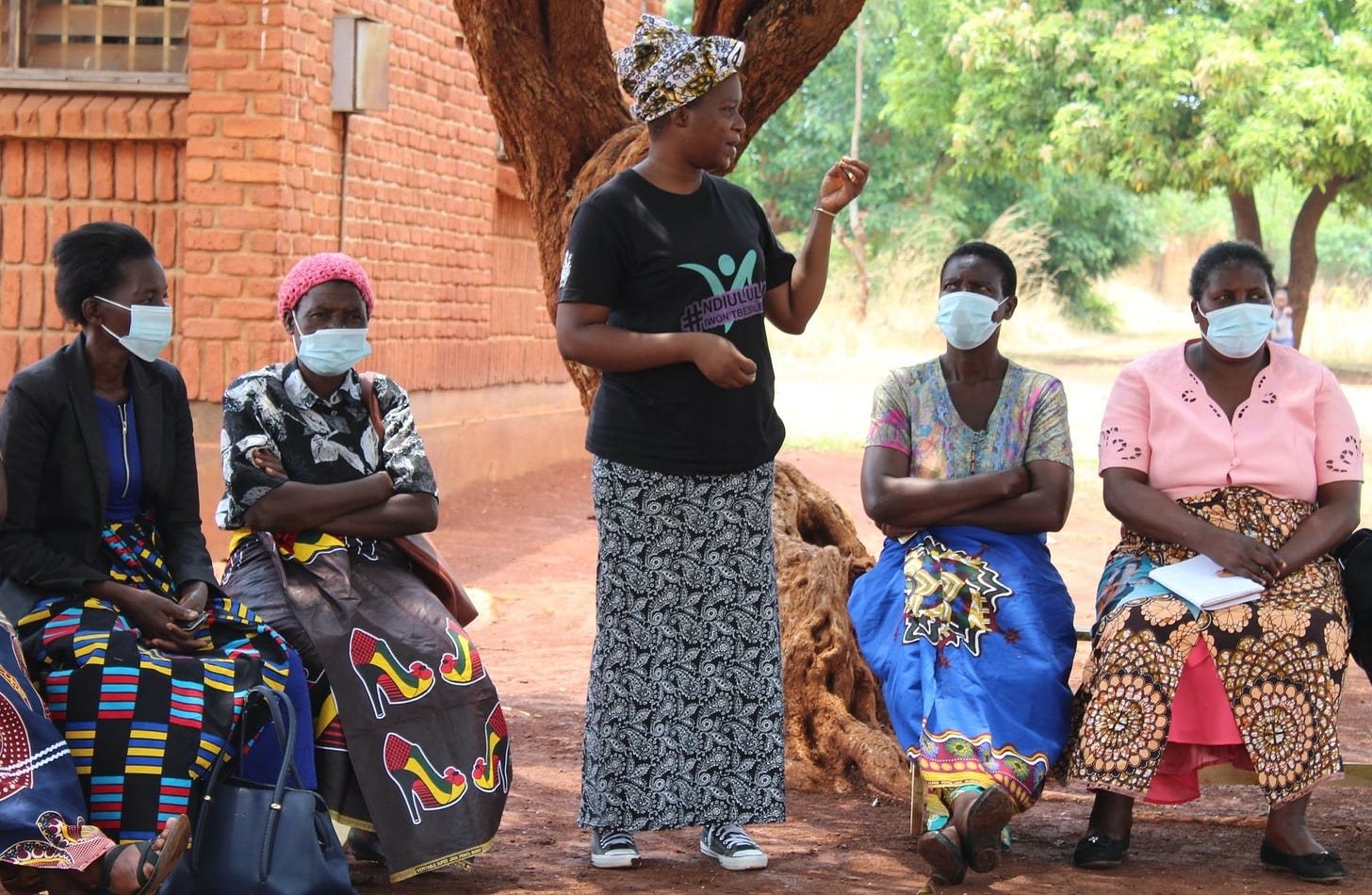PSA Alliance monitoring shows continued limited access to SRH services for young people and adolescents
The findings reveal regional trends in how community members rate the delivery of their local health services – particularly SRH services for young people and adolescents.

The PSA Alliance conducted social accountability monitoring, using standardized community scorecards and district-level questionnaires, across selected districts in the five project countries (Malawi, Mozambique, Tanzania, Zambia, and Zimbabwe) between Sept 2020 and March 2021.
The findings reveal regional trends in how community members rate the delivery of their local health services – particularly, sexual and reproductive health (SRH) services for young people and adolescents.
The results and recommendations provide critical insights to inform the rollout and monitoring of the SADC SRHR Strategy and Scorecard 2019-2030. [link: https://hivpreventioncoalition.unaids.org/.../SADC-SRHR...]
Generally, the findings show that while SRH services are available in the districts covered, many barriers to young people’s access exist, including lack of youth-friendly services, inadequate staffing, inconvenient operating hours, long travel distances, low availability of educational information, and an incomplete range of SRH commodities.
The Covid-19 pandemic has resulted in further deterioration in access to services. As a result of the low participation of young people in government planning and budgeting processes, including their reluctance to report on poor services, and lack of responsiveness by service providers to complaints, these challenges are allowed to persist.
For more details, including recommendations to national and district-level governments, read the community scorecards and district questionnaire summary reports.
Community scorecard summary report - http://copsam.com/.../2017/02/PSA-CSC-Summary-2021.pdf
District questionnaire summary report - http://copsam.com/.../2017/02/PSA-DLQ-Summary-2021.pdf



